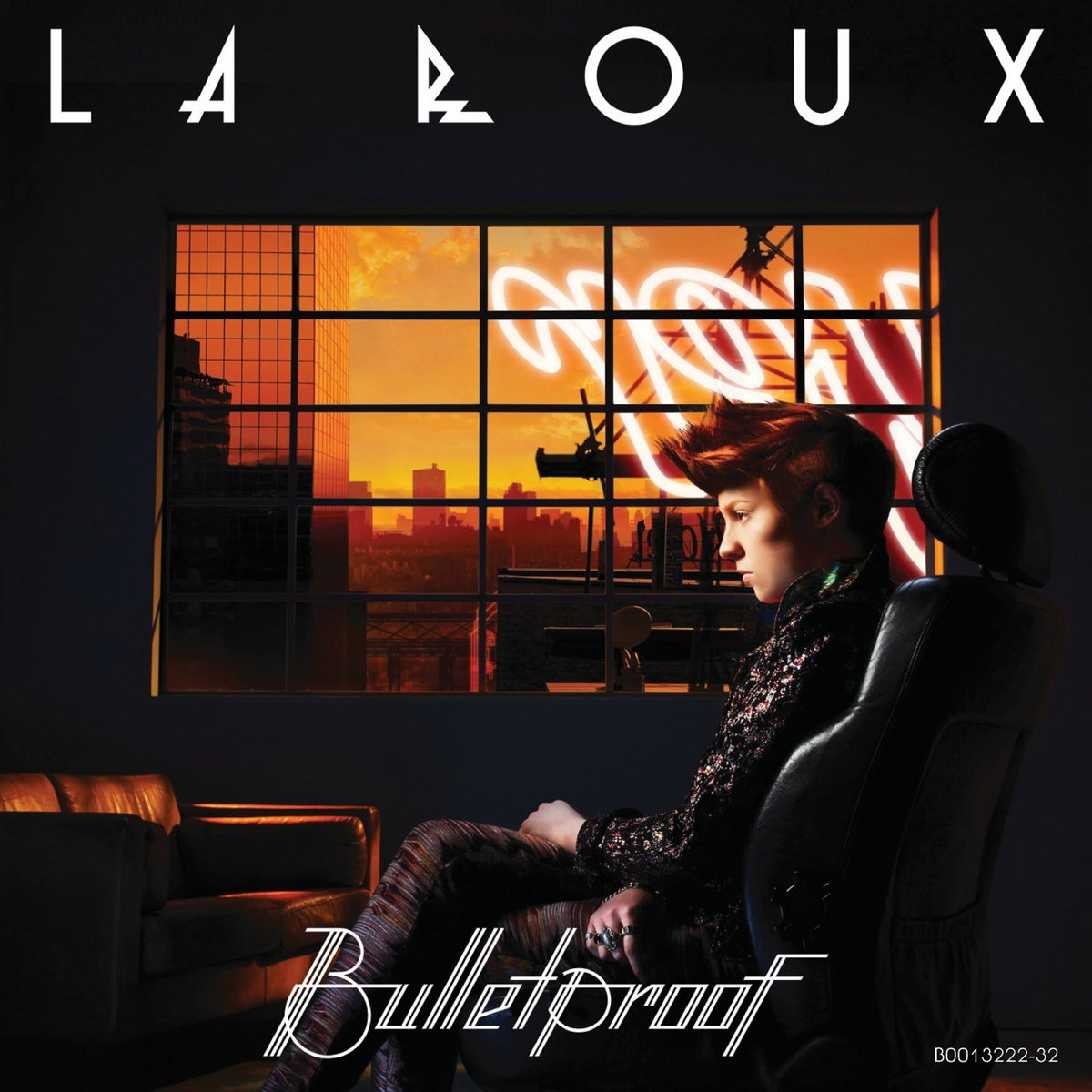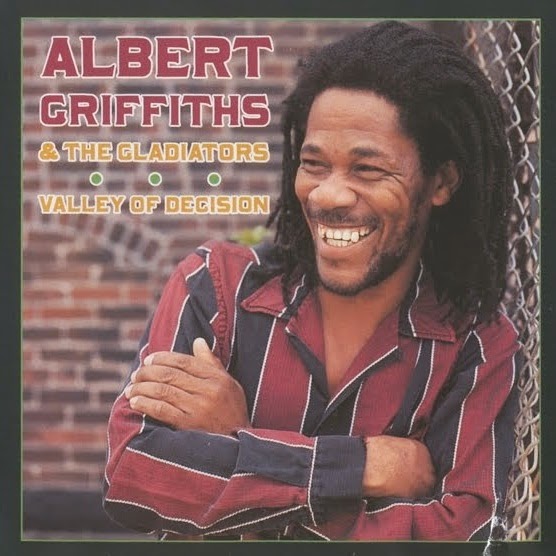New Edition Discography Rapidshare Library
The greatest never-issued Texas Funk LP – the legendary Timothy McNealy’s works, collected and officially reissued for the first time. Extensive booklet detailing Timothy’s story, replete with never-published photos. Download card for WAV files included. Dallas, Texas funk and soul singer, songwriter, producer and firebrand Timothy McNealy’s “Sagittarius Black” 45 was one of the first key “deep funk” records of the genre’s re-discovery period in the mid- to late-‘90s, when collectors and DJ’s did with the black America’s fertile late-‘60s and early ‘70s musical scenes what they had done prior with blues, jazz and rock. When that rarity was first rediscovered, no one could really explain it’s genesis: It was that rare thing, a record that came out of a specific era, but transcended it.
Those who were entranced knew now how much McNealy had recorded, how many records he’d issued on his self-funded Shawn Records, or how good his music might be. With this anthology – the first time that McNealy’s work has been collected and officially reissued – we now know the answer, and we know that McNealy’s music deserves to be emblematic of Dallas funk and soul in the same way that Texas’s other two largest cities – Houston, with the Kashmere Stage Band, and San Antonio, with Mickey and the Soul Generation – have their unique ambassadors, colored by those cities’ milieus. McNealy’s recordings offer the breadth and depth that make a case for important idiosyncrasies, as they showcase a singular musical vision and his city’s vast talent, which has been prior documented on Now-Again releases such as Cold Heat and the South Dallas Pop Fest 1970 and Jazzman Records’ Texas Funk. McNealy’s banner recordings for Dallas, Texas’s best and brightest in that wonderful moment for American funk and soul music is worthy as an album, and as a testament to what is great about American music in general, and its creators’ abilities to think beyond the immediate.
Revolutionary, spiritual jazz from Houston, reissued for the first time – the first in a series of four expanded reissues of drummer and bandleader Bubbha Thomas’s lauded catalog. Extensive booklet detailing Bubbha and his band’s story, replete with never-published photos.
Presented in both the issued stereo and previously unissued mono mixes as a double LP. Download card for WAV files and videos of 1970s performances included. Drummer, bandleader and activist Bubbha Thomas had toured America with R&B revues, served as a session musician for Peacock and Back Beat Records, and played straight ahead jazz with legends before the political and social upheaval of the late 1960s led him to a path first charted by Coltrane. Free As You Wanna Be predates the deep-set, maverick jazz issued by the likes of Tribe and Strata East and is a harbinger of best of the 1970s jazz underground, a collective voice of resistance to the musical and cultural status quo. This is the first time that Free As You Wanna Be has seen reissue, and it is presented in both the issued stereo and previously unissued mono mixes as a double LP. Bubbha and his band’s story is told in great detail by Houston music and cultural historian Lance Scott Walker ( Houston Rap / Houston Rap Tapes) and Now-Again’s Eothen Alapatt, in a booklet that contains dozens of unpublished photographs.
New Album Releases – download full albums, daily updates!
All four of Bubbha’s 1970s albums will see reissue as expanded albums, with previously unreleased mixes, alternate and unreleased versions, once per quarter, through the end of 2018. Watch a primer of what’s to come below. Now-Again presents its third library offering from the producer Oh No: heavy hip hop based on samples from the Now-Again Catalog. Hip hop producer Oh No’s debut album for Now-Again was also the first in our music library series – and was one of our most successful exercises in creating modern “library music” for easy synchronization.

For this, his third entry, Oh No combs through the vast array of Now-Again’s catalog – from American soul, funk and jazz to Zambian hard rock to Australian prog to Swedish psych – create a series of beats that range in mood and style and all contain Oh No’s trademark swagger. Fans of the variety of projects that Oh No is a part – from his Gangrene project with Alchemist to his production for the likes of Jedi Mind Tricks, Action Bronson and Talib Kweli – will be pleased with the variety of beats contained within. This limited edition is CD is packaged in a “mini-LP” gatefold and is available in limited quantities. Once they’re gone, they’re gone.
The Mohawks: (1968; Pama Records) You know this song—or at least a few seconds of it. The groove has been a breakbeat staple since those early Bronx block parties in the '70s and, for hip-hop producers, cutting up “The Champ” might as well be as fundamental to the art as studying Citizen Kane is to filmmakers. That's how a vaguely -esque semi-instrumental from a Leeds-born session musician named found itself rubbing elbows with in the crates. Recorded with a number of fellow session players under the pop-friendly name the Mohawks, 1968's “The Champ” technically isn't a library record, but it was cut by a man who'd become one of the biggest names in the industry soon after. Hawkshaw's characteristic flair with the Hammond organ is in full force here, and he would later carry on to KPM, De Wolfe, and Themes with his contributions to albums like 1969's and 1973's. Hawkshaw's brush with commercial pop didn't end with “The Champ”, either: Under the Love De Luxe banner, he notched a #1 dance hit with the 15-minute disco marathon —itself interpolated in the intro to.
: (1972; Gemelli) Deep in the phone-book-sized discography of Ennio Morricone is a series of collaborative free-improv recordings with the avant collective, just some of the work that gave him nearly as much esteem in contemporary classical circles as it did among film buffs. (Just ask.) And while it might seem strange to consider Morricone part of the library music canon—a soundtrack written without a film in mind is a singular oddity in his catalog—it's also a good entry point into his avant tendencies. Contro Fase was released in the midst of a repertoire of early '70s soundtracks that stretched Morricone's compositional mastery through the context of suspense thrillers, crime dramas, supernatural horror, and the last wave of spaghetti Westerns. Its ominous string section is like Morricone's permutation of the motifs in the theme to Psycho, which is the kind of thing most people don't know they want to hear until they know it exists—but the album also seems at home alongside the orchestral minimalism of and.
Sumita Arora Class 11 Pdf Download 02b14723ea Posts,,about,,Computer,,Science,,With,,C++,,,,By,,Sumita,,Arora,,Solutions,,for,,Class,,XI,,written,,by,,threebuddysResults,,,of,,,sumita,,,arora,,,class,,,11,,,solutions:,,,Free,,,download,,,software,,,,Free,,,Video,,,dowloads,,,,Free,,,Music,,,downloads,,,,Free,,,Movie,,,downloads,,,,GamesSumita,,Arora,,Class,,11,,Pdf,,Download,,-. Sumita arora class 12 pdf.

: (1975; L'Illustration Musicale) Bernard Fevre's has always been one of the weirder recurring echoes from library music's more pop-minded corners of the late '70s, as Fevre's Eurodisco sound has run the gamut from canny -isms to fluffy kitsch. It's the work he did before the initial 1978 Black Devil LP that placed him among library music's more intriguing weirdos—a weirdness that was self-aware enough to make both his highest profile library record and the source material for.
“Molecule Dance” is one of the more low-key tracks on the record, which aims closer to ambient and eerie incidental mood music than the dancefloor material he broke out with. But there's still a chunky, bottom-heavy groove under all the quirkily catchy plastic-future analog synthesizers.: (1975; KPM) There are two well-known instances of this song being used for its intended purpose of providing background music: an appearance in Radley Metzger's 1976 porn-with-a-plot comedy, and a 1979 spot for the British-market aftershave Denim. The funny thing is, for a song that's been used to accompany scenes of both explicit and implicit sexuality, it's also something of a big, lumbering, stoner-doom beast—it takes some kind of cinematic visionary to hear this and think it's arousing instead of sinister. The track works fine when it's cut-up and looped to emphasize its sleazier qualities, but as a full experience it gets remarkably visceral—metallic prog that hitches, creaks, crumbles, tears, and finally implodes in a minute-long crescendo of feedback and string-torture that comes across like the last moments of a jam session between and. (Richmond himself played bass with Manfred Mann in their early years, but his crowning work might be his sessions playing bass for.).
New Edition Discography Kickass
: (1977; NFL Music Library) America hasn't been known for spawning as many production music houses as the UK and Europe. In fact, some of the most well-known library themes to be used in '70s Stateside programming—from 'This Week in Baseball' (John Scott's ) to 'The People's Court' —came from the UK. But one exception was the braintrust at NFL Films. Just as director Ed Sabol radically changed how professional sports were filmed, the composers and orchestras he pulled into the mix drastically shifted how it sounded, the war-like cadences and rousing melodies of marching bands put into a more intense, oftentimes funkier setting. “The Big One” (not to be confused with the Alan Tew composition) is a swaggering broad-shouldered bully of a piece, all heavyweight brass, disco-violence strings, and a guitar riff that sounds like it's played by someone with a motorcycle chain wrapped around his knuckles.
New Edition Discography Bio
Hear it, and it's instantly obvious how willingly it splits the evocative difference between a defensive line and a hit squad. : (1978; Selected Sound) A personal favorite of producer, who included it in his 2009 mix, Klaus Weiss's “Survivor” is one of the finest examples of late '70s electronic library music you can find: a quicksand-groove dirge that sludgily oozes through the vacuum of space with nothing but the deliberate beat of Weiss' snare-heavy drumming to bolt it down.
Weiss had a long career in library music, and a lot of clout with the beatmaking masses who appreciated his tendency to mix crisp breaks with chunky synthesizers, but he'd never get as spaced-out as he did here. If beat to, this would be their. : (2008; ) The influence of library music lingers, and not just as building blocks for sample-based artists. Acts like the Advisory Circle, and —all of whom record for the UK label Ghost Box Music—frequently draw on the hauntological qualities of a previous generation's filmstrip and sci-fi soundtracks to concoct new sounds, playing with the relative anonymity of library-music creators to add another layer of mystery to their already eerie and enigmatic takes on electronic and psychedelic music. Of course, little these days is truly anonymous, but music meant to accompany somebody else's cinematic vision is always in demand—even if that vision belongs to nobody but the listener.
Pitchfork Music Festivals: /.